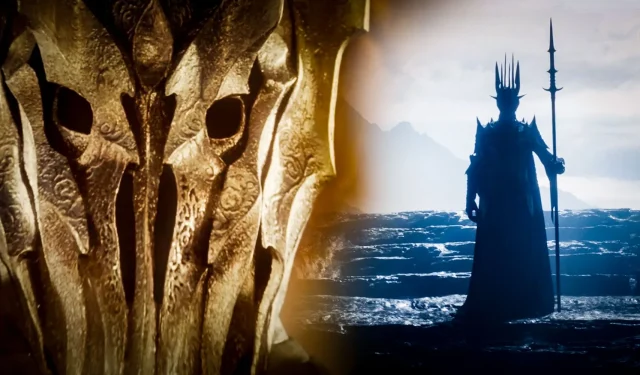
The Lord of the Rings has introduced audiences to some of the most iconic villains in literature, most notably Sauron and Morgoth. While Sauron is often recognized as a major antagonist, a deeper exploration reveals that Morgoth was, in fact, a far more malevolent figure. J.R.R. Tolkien first presented Sauron in the 1937 children’s classic, The Hobbit, and further developed his character in the 1954 epic, The Lord of the Rings. Throughout the 1960s and beyond, Sauron emerged as a powerful emblem of tyranny and industrialization in the literary world. Morgoth, however, serves as the original source of evil within this universe, shaping Sauron’s dark ambitions and guiding him down a path of devastation.
The cinematic adaptations by Peter Jackson prominently featured Sauron, often leaving many viewers unaware of Morgoth’s existence or impact. As a result, casual fans might mistakenly consider Sauron the pinnacle of villainy in the franchise. However, the truth is more nuanced; Morgoth surpassed Sauron in power and malice when both were active in Arda.
The Valar’s Direct Confrontation with Morgoth Highlights His Villainy
The Valar Personally Defeated Morgoth

The Valar, powerful beings in Tolkien’s legendarium, took active measures against Morgoth’s reign, showcasing the formidable nature of his threat. According to Tolkien’s correspondence, Sauron, while significant in his own right, posed a lesser challenge compared to Morgoth. The Valar repeatedly intervened in Middle-earth’s affairs to counter Morgoth’s influence but ultimately resorted to casting him into the Void, sealing his fate at the end of the First Age.
Notably, Morgoth faced multiple defeats leading to his confinement, often at the hands of the Valar. An early victory came when Beren and Lúthien wrested a Silmaril from his crown, but it was Tulkas, one of the Valar, who first defeated him during the First War, making it clear how dangerously powerful Morgoth truly was.
A Lack of Direct Intervention Against Sauron
The Valar’s Indirect Actions Against Sauron
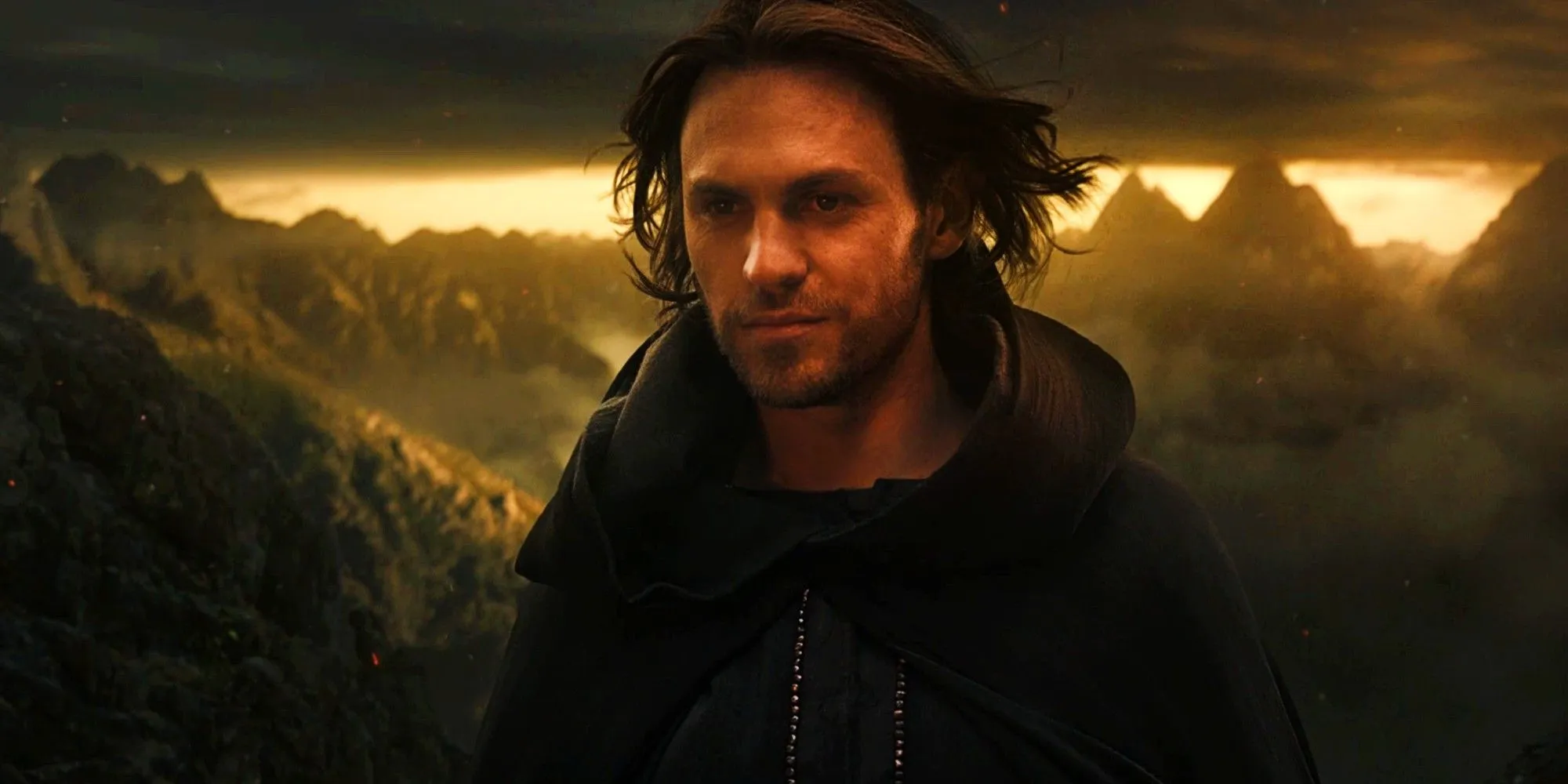
In contrast to their confrontations with Morgoth, the Valar refrained from direct engagement with Sauron. Under the guidance of Eru Ilúvatar, the supreme being of Tolkien’s mythology, the Valar observed Sauron’s rise with caution rather than intervention. Tulkas’s hands-on approach to restraining Morgoth starkly contrasts with the Valar’s strategy regarding Sauron, indicating that they perceived Morgoth as the more immediate and critical threat.
Early conceptualizations of Sauron even depicted him as a malevolent cat called Tevildo, showcasing how Tolkien’s vision evolved.
Despite the Valar’s hesitance to engage directly, they did not disregard Sauron entirely; instead, they called upon Eru to thwart him by sinking Númenor during a period when he grew dangerously powerful.
Analyzing Morgoth’s Greater Need for Intervention
Morgoth’s Innate Power Exceeded That of Sauron
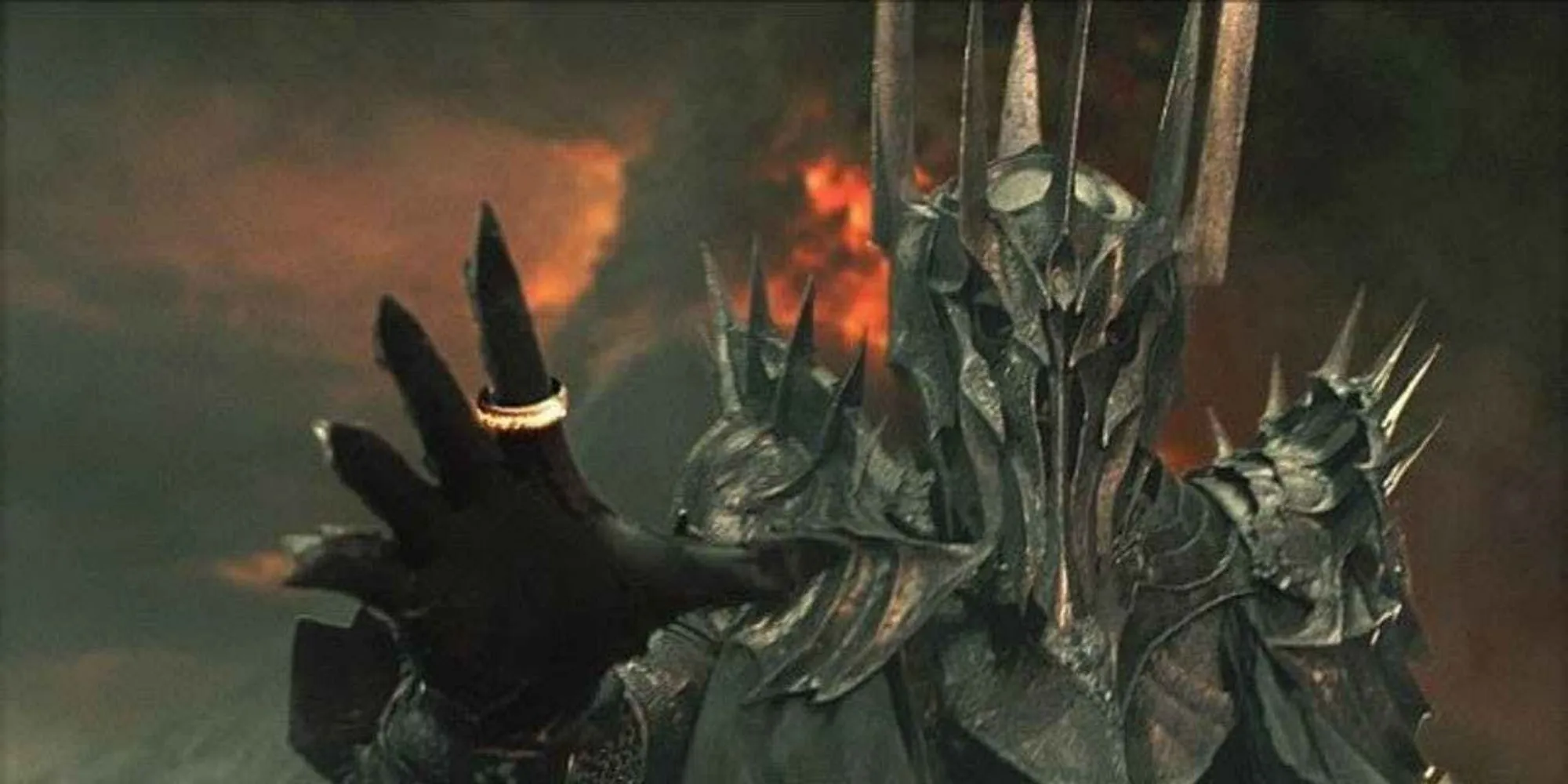
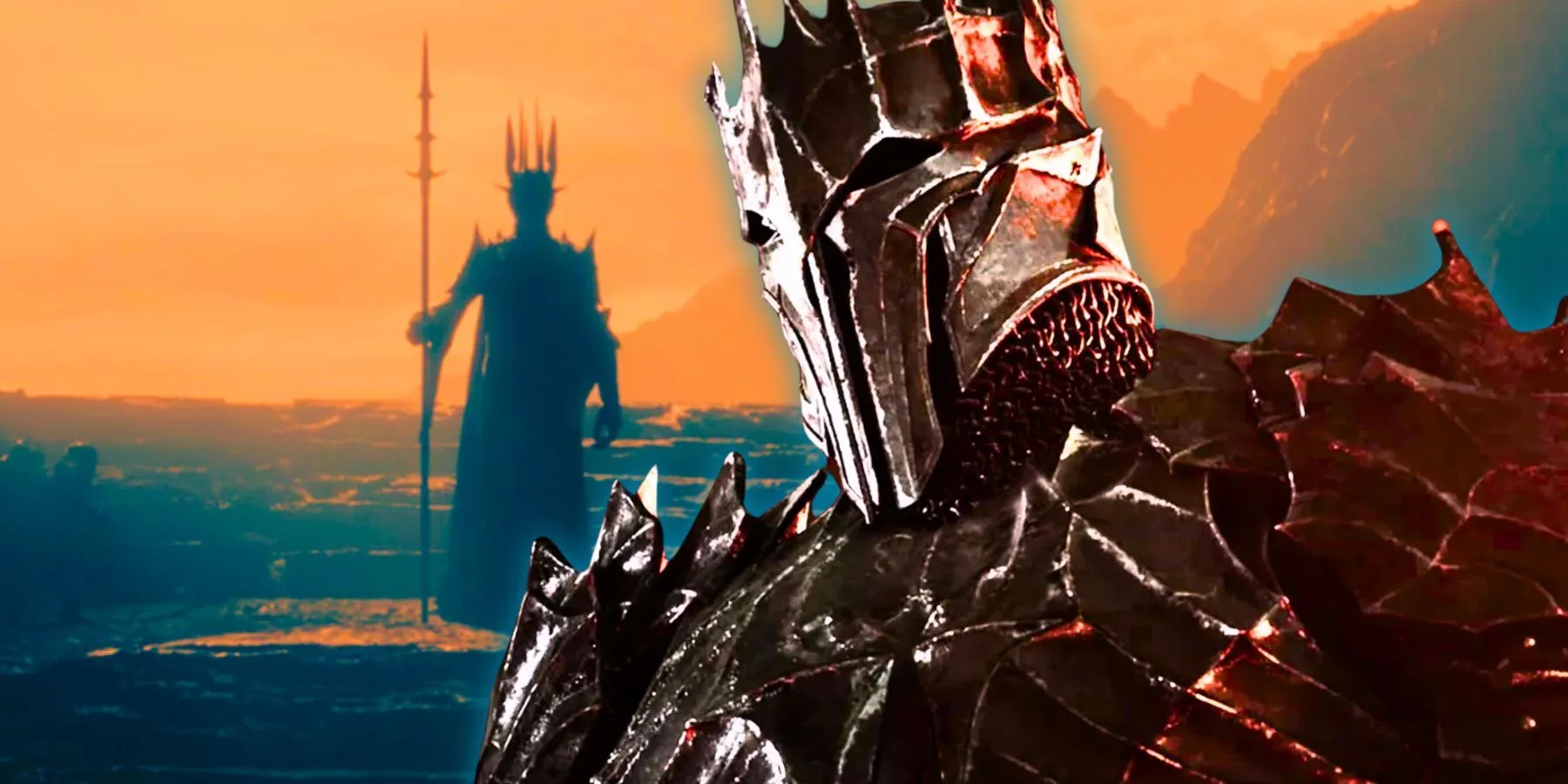
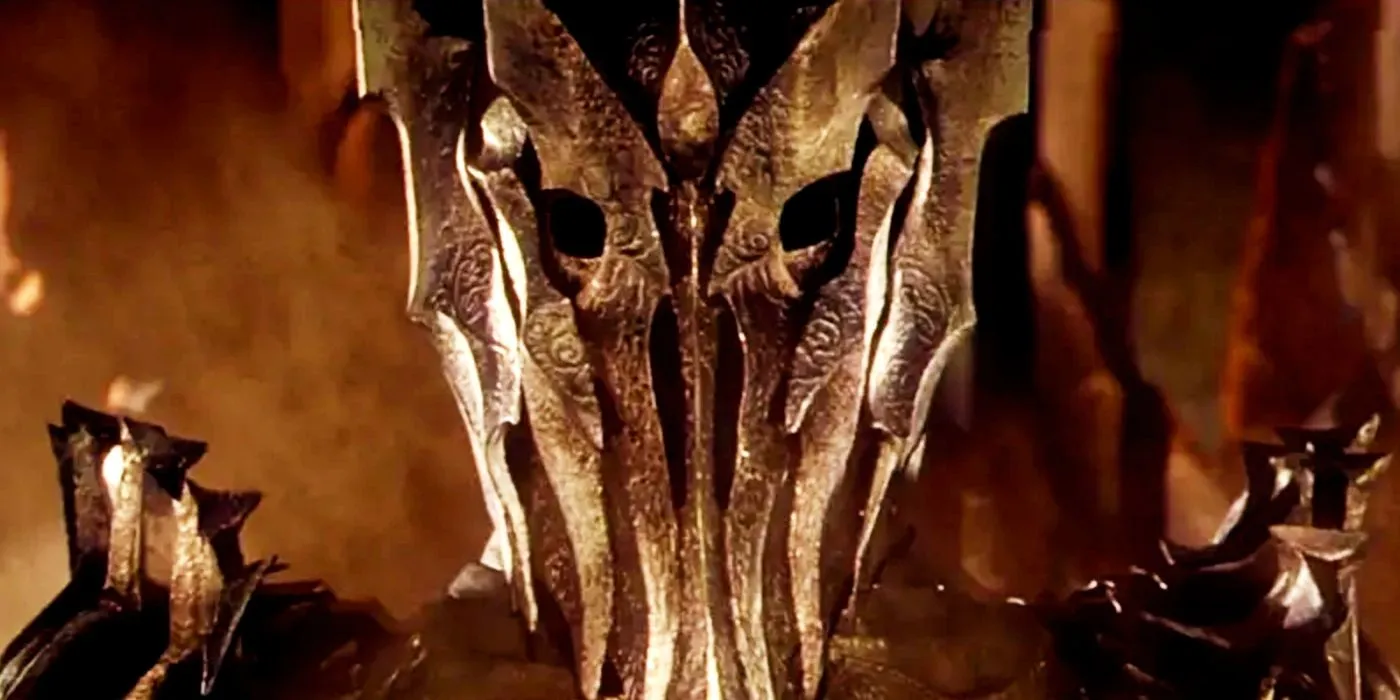
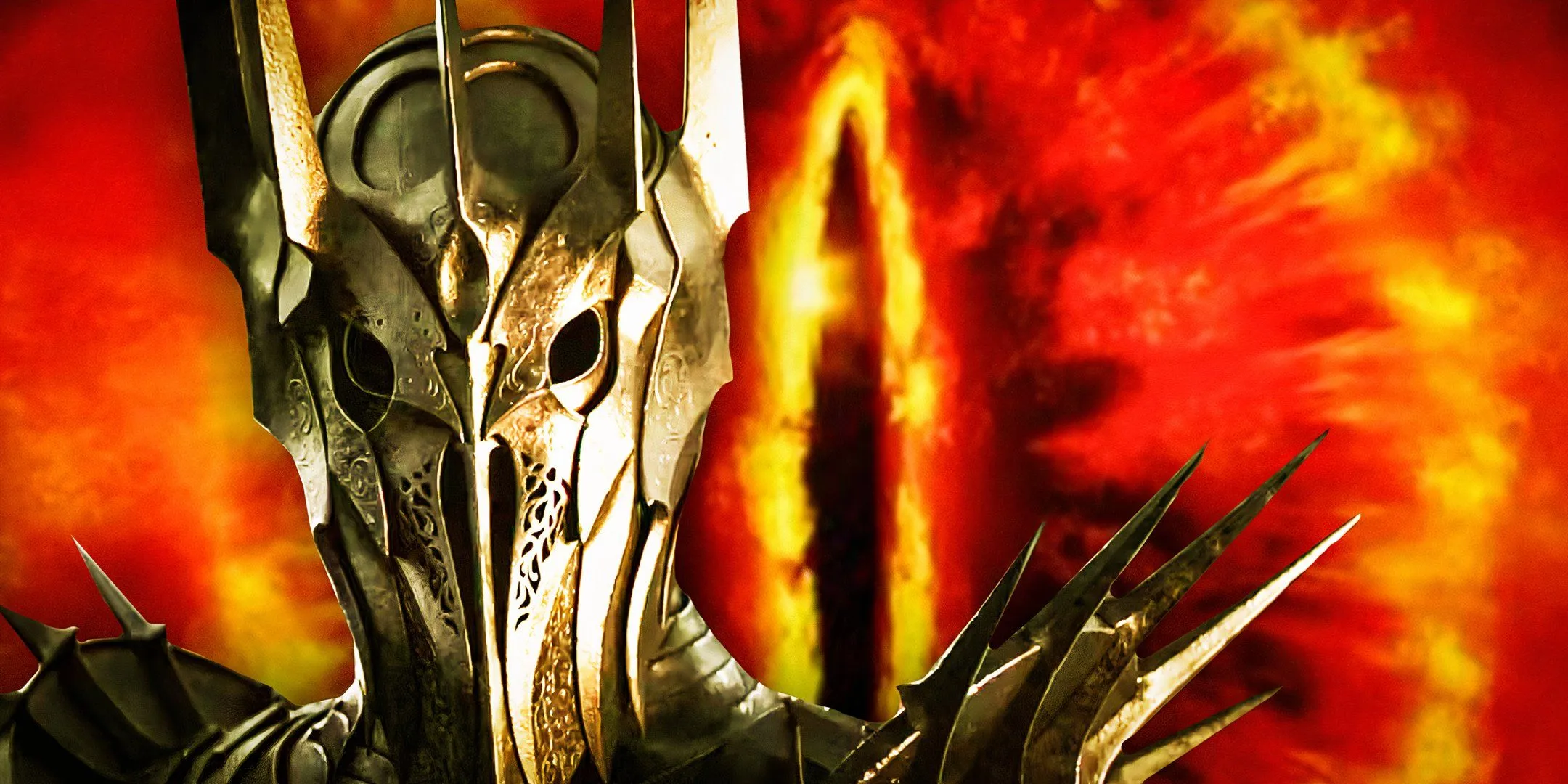
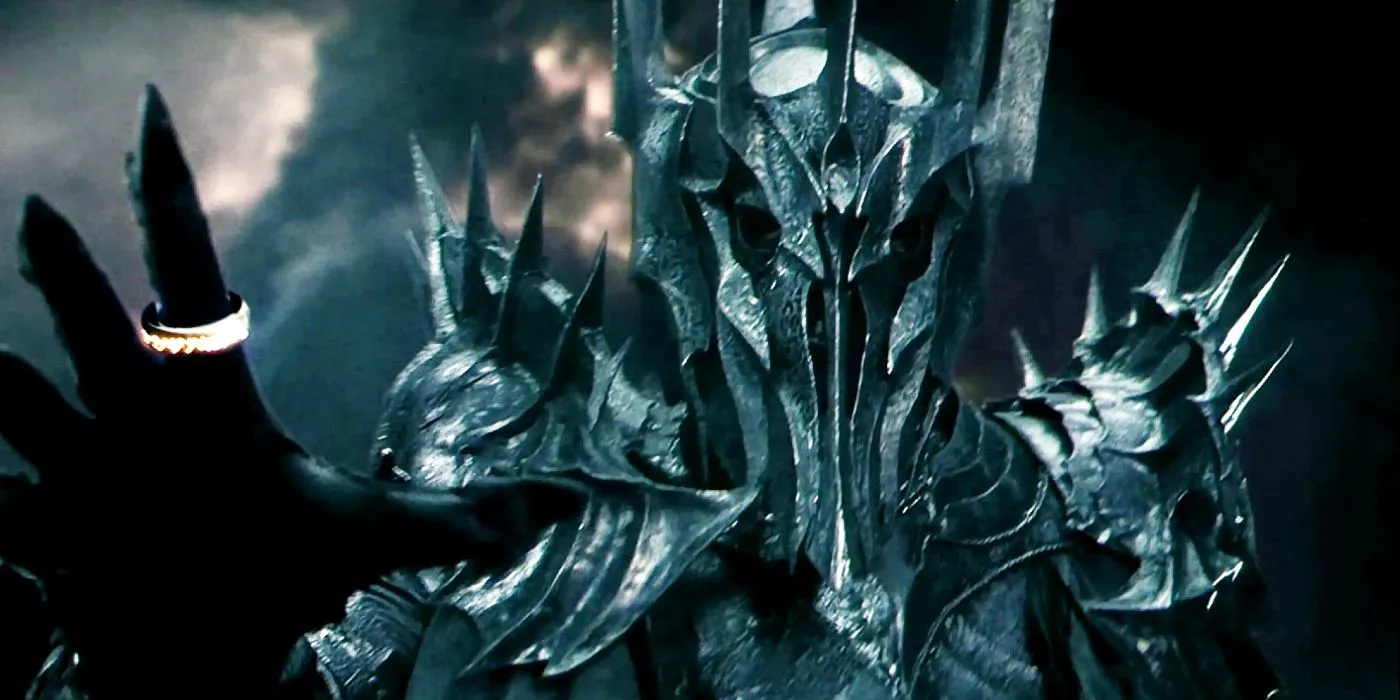
Given the extraordinary power wielded by Morgoth, it is not surprising that the Valar had to intervene frequently against him. Morgoth was originally one of the 15 Valar before he succumbed to darkness and was subsequently erased from their records. In contrast, Sauron, a Maia, held a lower rank. The cosmic hierarchy under Eru Ilúvatar indicates that only Manwë and Morgoth possessed such vast power.
As Morgoth’s brother, Manwë, the King of the Valar, had personal stakes in the conflict against Morgoth, who previously coveted Manwë’s wife, Varda. Morgoth’s capacity to harness a portion of each Vala’s essence amplified his threat level. Consequently, the Valar’s willingness to confront him directly underscores the severity of the peril he posed.
Tolkien himself characterized Morgoth as being greater than Sauron in various aspects, including magnitude and raw power. In Morgoth’s Ring, he elaborated on how evil deeds bind Ainur to their forms, thereby reflecting the tragic limitations on both Morgoth and Sauron. Despite their dark magic enabling them to fragment their souls, Morgoth’s potential for recovery after destruction far exceeded Sauron’s. Thus, Morgoth’s reign of terror necessitated an unparalleled level of intervention.




Leave a Reply